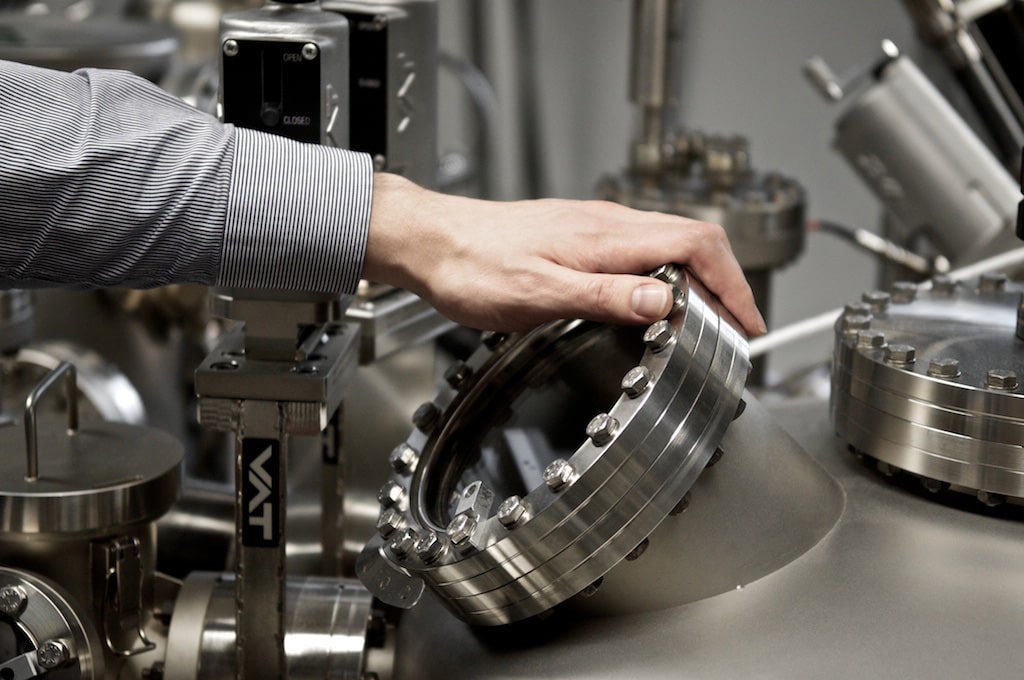CNC Machining: Precision and Innovation in Trendy Manufacturing
CNC Machining: Precision and Innovation in Trendy Manufacturing
Blog Article
CNC machining has revolutionized manufacturing industries, offering an efficient and precise way to make components and parts across many industries. This advanced technology uses machines controlled by computers for cutting, drilling, milling, as well as other tasks on various material types like metals plastics, and wood. The level of precision obtained through CNC machining is unparalleled and allows for intricate designs to be carried out with extreme accuracy. In replacing manual labor by automation, CNC machines have significantly reduced the likelihood of human error, and also increased the speed of production. The combination of precision with efficiency has helped make CNC the machining process a crucial aspect of modern manufacturing.
One of the biggest advantages of CNC Machining is the capacity to create complex and intricate parts that are extremely precise. Contrary to manual machining where precision is largely dependent on how skilled the operator is CNC machines adhere to programmed directions with precision. These instructions in digital format, usually generated by CAD (Computer-Aided Design) software, allow makers to design and manufacture parts with the precision of a tiny micron. This precision level is vital in sectors such as aerospace and medical device manufacturing where the smallest deviation can compromise the quality or security of the product. With CNC manufacturing, companies can ensure that every part meets exact specifications, reducing the chance of defects, and the necessity of costly overhauls.
The efficacy of CNC processing is yet another major aspect in its broad adoption. The traditional machining techniques require highly skilled workers to operate the machinery, adjust the settings and switch tools for each operation. It is not only lengthy, but is also vulnerable to human error. CNC machining on the side, however, allows for the automation of these jobs, enabling machines to work continuously under the least amount of supervision. When the software is installed and the machine has been loaded with the required material It can carry out multiple actions without interruption, significantly reducing production times. CNC machines are also capable to operate 24/7, which makes them ideal for high-volume production runs. The efficiency of CNC machines allows manufacturers to meet the tightest deadlines, boost their production while reducing labor costs, all while maintaining high-quality standards.
CNC machining also offers excellent consistency, making sure that every part produced is identical to the original model. This is crucial in the industries that demand huge quantities of standard parts for example, automotive and consumer electronics. Since CNC machines are programmed to follow guidelines, they are able to produce hundreds or thousands of components with very little variation in terms of quality. This consistency not only improves the reliability of the final items, but it also decreases the amount of production waste since less parts are rejected due to defects. In addition, as the digital designs used in CNC machines can easily be adjusted or changed, producers will be able to swiftly adapt to changing specifications for their products or customer demands without having to invest in costly retooling or machine recalibration. To obtain supplementary details kindly head to www.premiumparts.com/services/cnc-machining
While it is a great tool, CNC machined work is not free of its difficulties. One of the primary barriers for many businesses, particularly small and medium-sized enterprises, is the initial investment required. CNC machines are more expensive than conventional machining equipment, in addition to the cost of custom software maintenance, operator education to take into consideration. However, the long-term benefits--such as reduced labor costs, faster production cycles, and increased quality of parts - often justify the initial investment. Additionally, the rise of CNC machine service providers permits firms that don't have enough capital to invest in their equipment to make use of the latest technology. The service providers are able to create customized parts upon request, offering a cost-effective solution for businesses that need precision machineries without having to pay upfront.
It is predicted that the future for CNC Machining looks bright as technological advancements continue increasing the capabilities of what these machines can do. As CNC machines become more sophisticated, they are becoming increasingly integrated with other technology that include 3D printing, robotics and even 3D printing in order to develop hybrid manufacturing techniques that bring together the best that come from a range of methods. Also, the advancement of smart manufacturing as well as manufacturing with the Industrial Internet of Things (IIoT) has led to greater integration and automation of CNC machining, allowing CNC machines to connect with each the other and modify their operation with real-time the data from sensors. While these advancements continue to develop, CNC machining will remain crucial in the development of modern manufacturing, providing even greater precision as well as speed and flexibility to the next generation of products.